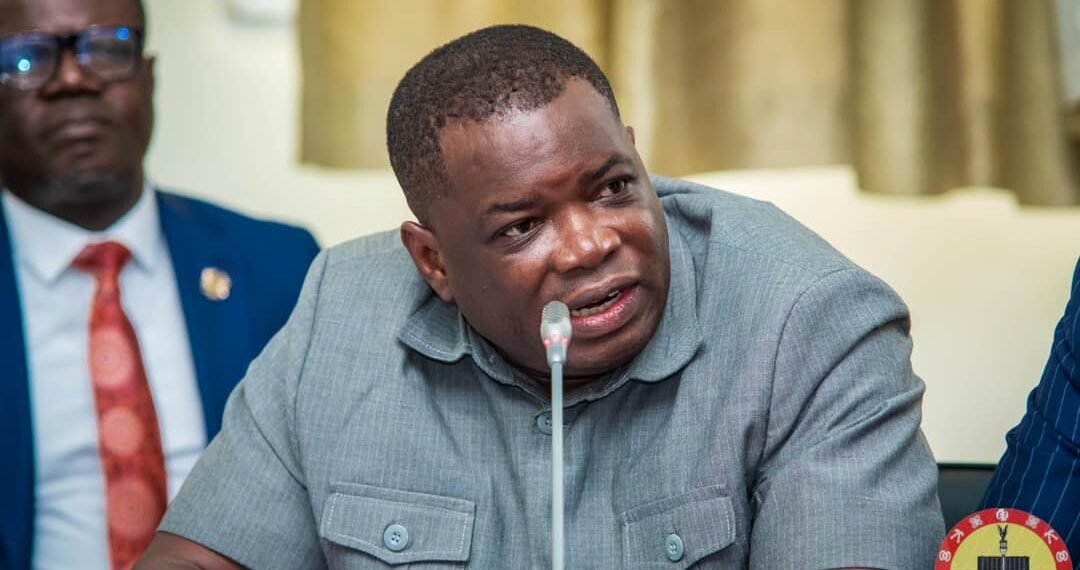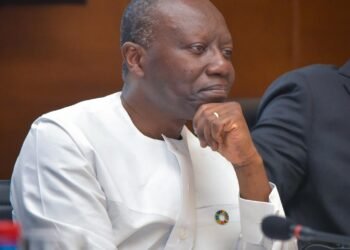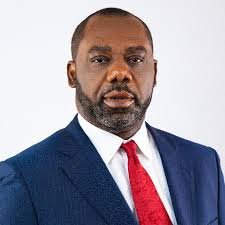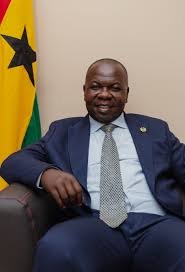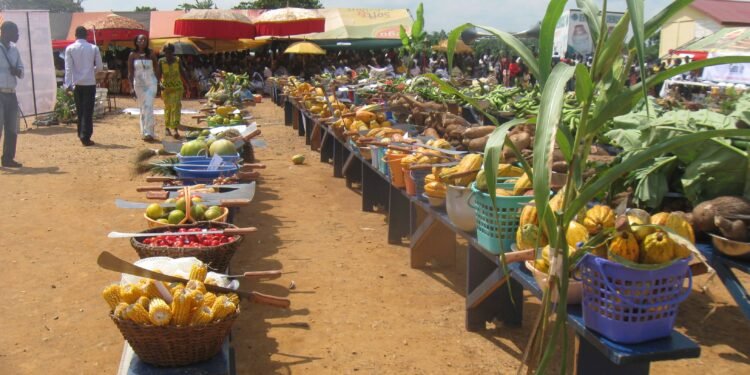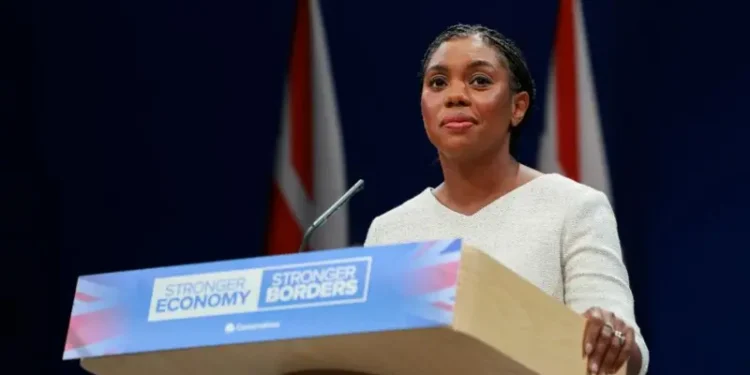In a shocking disclosure that highlights Ghana’s continuous fight against financial irresponsibility and the misuse of public funds, Hon. Kwame Governs Agbodza, Minister for Roads and Highways, has promised to take legal action against an Indian contractor for an astronomical $30 million that was paid for essentially no actual work on the Tamale-Walewale Road project.
Hon. Agbodza was extremely irritated by the payment given to a contractor who had only made a pitiful 1% physical progress on the job site, even though they had received $29,648,180.20.
“It means that we didn’t even finish clearing the site. And the contractor, in addition to the almost $30,000,000, is attempting to claim another $14,000,000. After claiming this money, we should leave them out of the contract so that we can terminate it, and they can go.”
Hon. Kwame Governs Agbodza, Minister for Roads and Highways
Initiated during the previous administration and ceremoniously inaugurated by then-Vice President Dr. Mahamudu Bawumia in June 2022, the road project in question was initially projected to cost $158,617,764.
The 83-kilometre Savelugu–Walewale segment of Phase 1 of the Tamale–Walewale Road was the subject of the contract award. However, after two years, there is hardly any tangible proof of progress, and public funds have already been distributed in an untenable manner.

The minister bemoaned the extreme injustice of giving a foreign contractor such a huge sum of money when Ghanaian contractors who have actually completed work are still owed over GHS 21 billion.
“It is quite disheartening that at the same time that we are unable to pay Ghanaian contractors for work they have done, we have paid somebody $30 million, and the person is basically asking us that we should let him go with our $30 million”.
Hon. Kwame Governs Agbodza, Minister for Roads and Highways
Contractor’s Negligence of Work
The Minister claims that on March 11, 2024, the Indian contractor resigned from the project. However, as recently as June 17, 2024, the former Vice President reportedly promised that work would start up again after debt restructuring was finished, apparently oblivious to the fact that the contractor had already cancelled the project months earlier.
This discrepancy calls into question Ghana’s infrastructure delivery system’s oversight, communication, and monitoring procedures.
On March 8, 2022, MS Engineers Inc. was contracted to handle the project’s consulting portion, which will cost $3.525 million and cover design review and supervision over a 36-month period.
The road was intended to accomplish several goals, including lowering Central Corridor transportation and vehicle operating costs, increasing safety, and improving connectivity between Ghana and landlocked neighbours such as Burkina Faso, Mali, and Niger.

The road also promised to improve travel times and foster economic growth in the Northern Region and beyond. However, those promises now hang in limbo as Ghanaians are left grappling with another example of egregious financial malpractice.
Calls for Accountability
At a time when calls for improved governance are becoming more and more vocal, this case underscores the urgent need for real accountability rather than just political rhetoric.
The Tamale-Walewale road disaster is a clear illustration of the ongoing financial loss Ghana experiences as a result of inadequate contract administration, a lack of openness, and a culture of impunity surrounding public procurement.
“We shall be able to use the laws within our country to demand that $30 million worth of work is done, or we take legal action to make sure that we retrieve the money”.
Hon. Kwame Governs Agbodza, Minister for Roads and Highways
Many well-meaning Ghanaians find it incomprehensible that a project of this magnitude could be used to divert public funds with virtually no results.
The money that was distributed could have been used to build vital bridges, pave entire communities, or help underdeveloped rural areas with their infrastructure. They have instead been paid into a void that has no road and no justification.

In addition to recovering the lost money, Ghana’s laws must now be put to the test in order to let local and international contractors know that the days of cashing in without delivery are over.
Unchecked fiscal waste, unfulfilled promises, and incomplete contracts cannot be the foundation of development. A national reckoning that extends beyond press releases and into the courtroom ought to be prompted by Minister Agbodza’s audacious position.
Infrastructure reform will remain a pipe dream until the nation starts to recover money that was lost due to carelessness and corruption. Instead of being a footnote, the $30 million lost on the Tamale-Walewale road must be a turning point.

